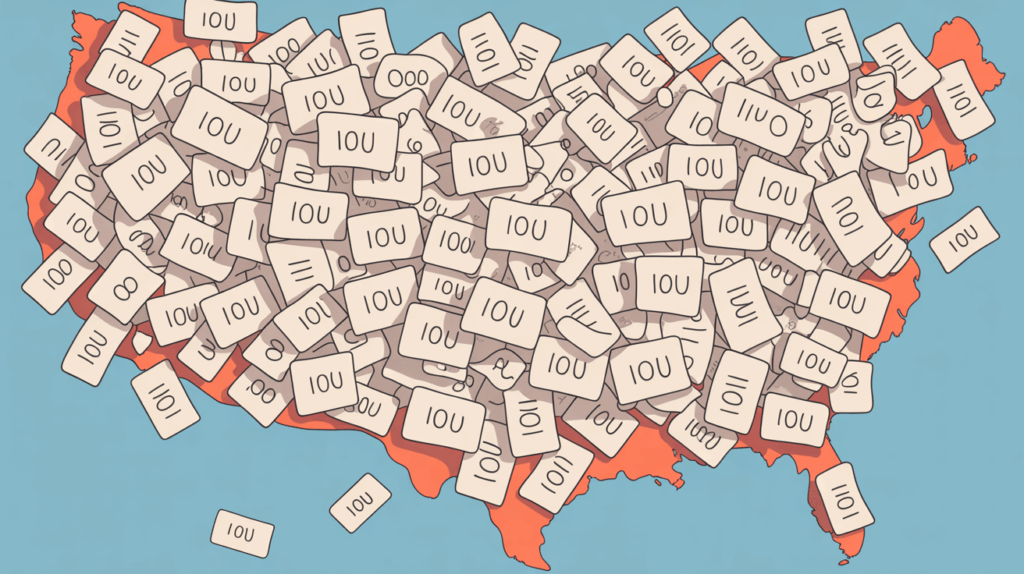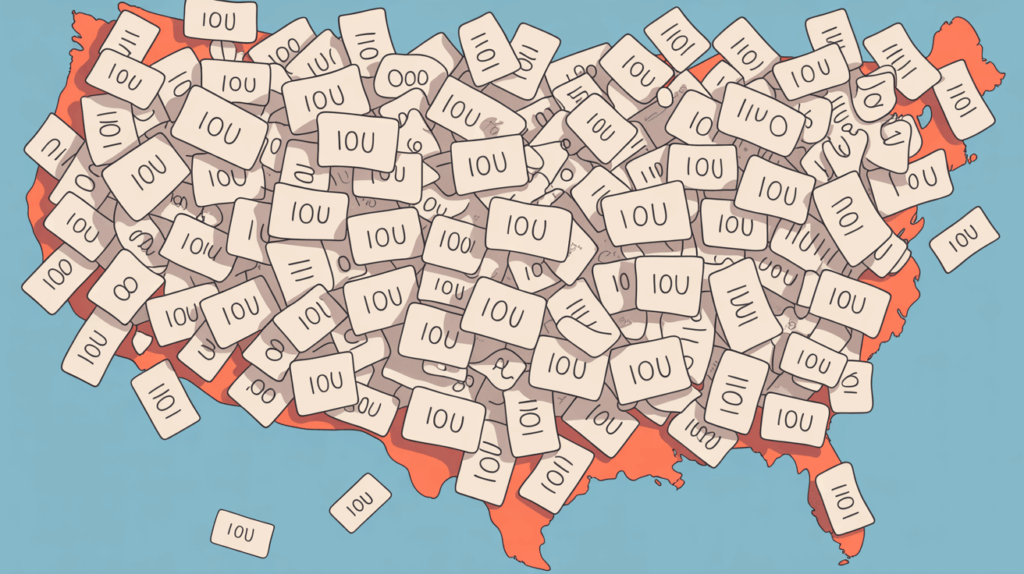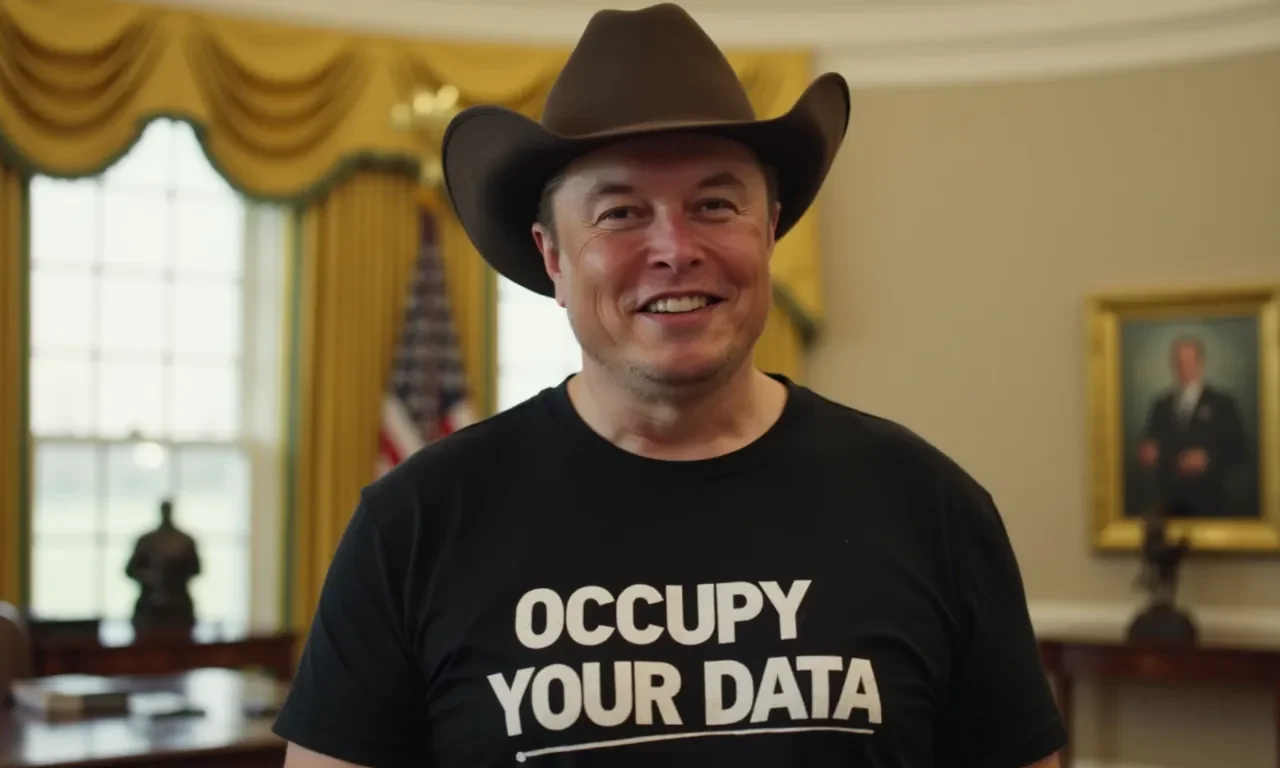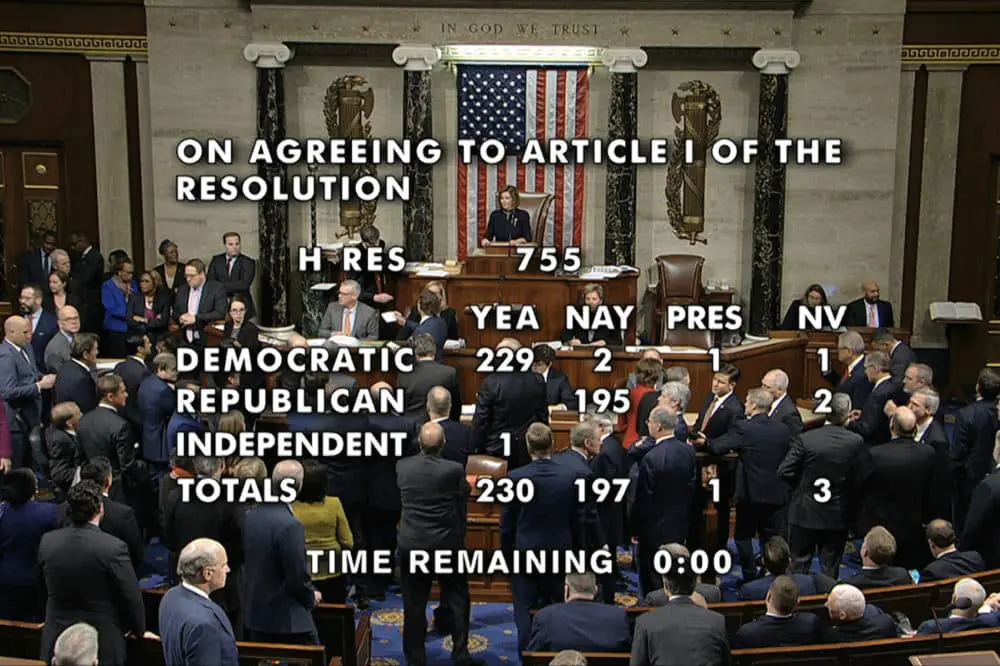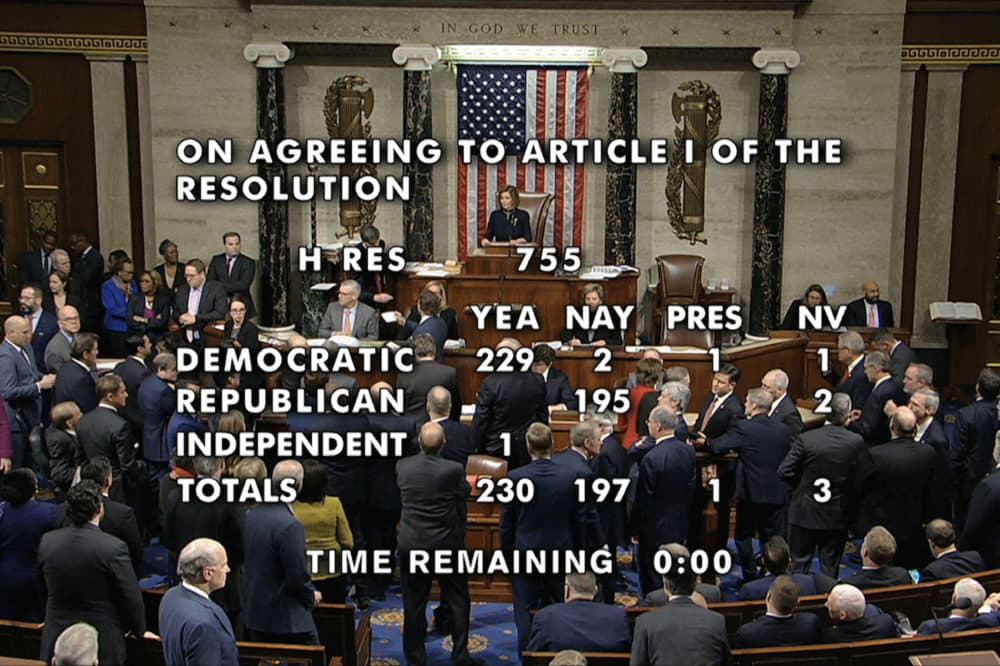The articles of impeachment 2021 are so much clearer and simpler than last year’s impeachment — it’s the Marie Kondo version of indicting the president’s conduct. His coup attempt most certainly did not spark joy!
At least, not to the patriots who defended the United States Capitol from invasion on January 6, several of whom lost their lives including Brian Sicknick who lied in honor last week, as well as 2 Capitol Police officers who took their own lives subsequent to the events of that darkest of days in American history.
That is why it is important to both get the memory of that day seared into the historical record, and continue good faith efforts to seek justice for the trauma inflicted upon the nation by its supposed guardian. The House impeachment managers are doing an incredible job evoking both the clarity of the law pointing to his guilt, and the emotional gravity of what Republican House #3 leader Liz Cheney referred to as the “gravest violation of his oath of office by any president in the history of the country.”
He’s guilty
He said he would do it, and he did it — Trump refused to accept the results of a free and fair election, convinced his supporters it was stolen from him (and them), and that they had to “fight like hell” to “take their country back.” And yet Republicans want to claim that he could have had no idea what they would do, and that the whole thing was “obviously” an innocent misunderstanding and a “boys will be boys” sort of thing.
Nonsense — his droogs Mike Lindell, Mike Flynn, Roger Stone, Steve Bannon, and of course his royal brood were involved in planning this, along with multiple sitting members of Congress, some of whom spoke at the “Save America” rally at The Ellipse. Rally organizer Ali Alexander fingerprinted Reps Andy Biggs and Paul Gosar of Arizona and Mo Brooks of Alabama as his co-conspirators in the endeavor.
They made sure security was intentionally lax by decapitating the defense apparatus during the lame duck period, and installing a bunch of loyalist partisan hacks into “acting” positions of power who were pliable or even eager to do the president’s ill bidding.
Free Speech does not protect the abuse of public trust
Trump’s lawyers filed a brief indicating a First Amendment defense for their client, which former acting Attorney General Peter D. Keisler ripped to shreds in a scathing essay. Free Speech does not give you a license to be incompetent at your job, and the Trump’s failure to secure the Capitol during a violent insurrection was a dereliction of duty of the highest order — even if he hadn’t been involved in sowing it, planning it, funding it, promoting it, hosting it, and encouraging it.
1A also does not give you the right to use words to plan criminal activities, because that would be absurd. It would essentially render all law meaningless as a deterrent, so long as you only ever give orders to someone else to carry out your dirty work indirectly vs. getting your own hands dirty.
His conduct is not defensible
Republicans are trying to squirm away on procedural grounds so they can remain cowardly supplicants to the tyrant they love or fear, or both. They do not want to have to confront the reality of Trump’s abhorrent and unforgivable behavior on January 6, their role in enabling it, and their continued role in undermining small d democracy in this nation.
There is no defense of Trump’s behavior, but the GOP wants to pretend it has a mere technical disagreement with a document’s language as an excuse to not put themselves on record for the more serious and obvious hypocrisy of giving egregiously anti-American behavior a pass — it’s like a plea bargain of sorts.
He cannot hold public office
Breaching the public’s trust is grounds for disqualification from holding future office. Why should a free people suffer the tyranny of one who abrogates duty and holds in contempt an oath they swore, as if words have no meaning? Which, in essence, is the argument of Mr Textually from day 1 of the Trump impeachment trial.
The idea that a former official cannot be impeached is baseless, because the provision of preventing them from holding future office is enumerated in the Constitution to explicitly explain the rationale. And if ever there were a case of clear unfitness for duty, it is before the Senate right now.
Acquittal nullifies impeachment power altogether
If fomenting an armed insurrection to stay in office when you lose a democratic election is not an abuse of power, I really don’t know what is. If throwing out the will of the people and keeping yourself in power by force is not a violation of the oath of office, then oaths are worthless and there’s no point in speaking them anymore. They will have become dead sea scrolls, in a language dead to us and on a parchment too brittle for continued use.
Let us not throw out the Constitution while professing to save it. Senators know better, and they know that We the People — and not their ever-shrinking base — know they know it as well. The game theory is on our side as the timeline keeps ticking away.
Senators should vote to convict, for what is most certainly the highest presidential crime ever committed in the history of this nation. To preserve this republic, if we can keep it, Congress must hold him accountable for his behavior and apply consequences for defiling the founding principles of America.
